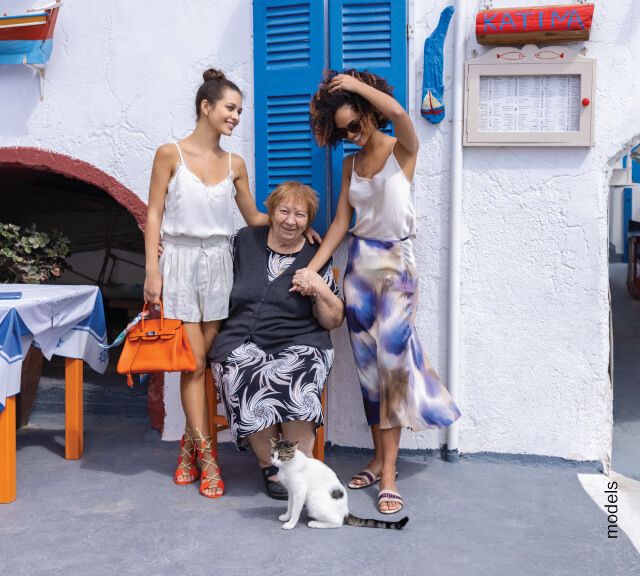

Rosacea Treatments
Rosacea is a chronic skin condition that causes redness of the skin, especially on the face, and can also cause skin sores that resemble acne, and possibly swelling. While rosacea is harmless, it can create embarrassment and self-consciousness in those who suffer from it. In fact, a majority of rosacea patients report a loss of self-esteem and adverse affect on social and professional interactions due to the condition.
WHO DEVELOPS ROSACEA?
The causes of rosacea are unknown, but it involves the swelling of blood vessels just under the skin. It is estimated that more than 16 million Americans suffer from the condition. Rosacea is more prevalent among fair-skinned people (particularly those of Northern European descent) and those aged 30 to 50. Women also develop the condition more often than men, but the symptoms are typically more severe for men.
WHAT ARE THE ATTRIBUTES OF ROSACEA?
Symptoms of rosacea include redness of the face, small spider vein-like blood vessels visible in the face, a burning or stinging feeling in the face, a red or bulbous nose, watery or irritable eyes and acne-like sores. It is important to differentiate rosacea from acne, however, as they are separate conditions and over-the-counter acne treatments will not improve rosacea. It is not considered an infectious disease, with no evidence that it can be spread by skin contact or by air. There is, however, evidence that rosacea could be hereditary. A survey done by the National Rosacea Society revealed that 40 percent of patients said a relative had similar symptoms.
HOW CAN ROSACEA BE TREATED?
There is no known cure for the condition at the time, but there are several things that can be done to improve its symptoms and control it including topical treatments. Though not covered by health insurance, laser photorejuvenation therapies including IPL and Vbeam can safely and effectively address the redness and discoloration caused by rosacea, using Pulsed Dye Laser (PDL) technology to deliver bursts of light into the targeted area.
It is also helpful to identify the “triggers” that make your rosacea worse, and to avoid them. Some common triggers are sun exposure, high wind, physical activity in warm weather, stress, spicy foods, alcohol and specific skin products.